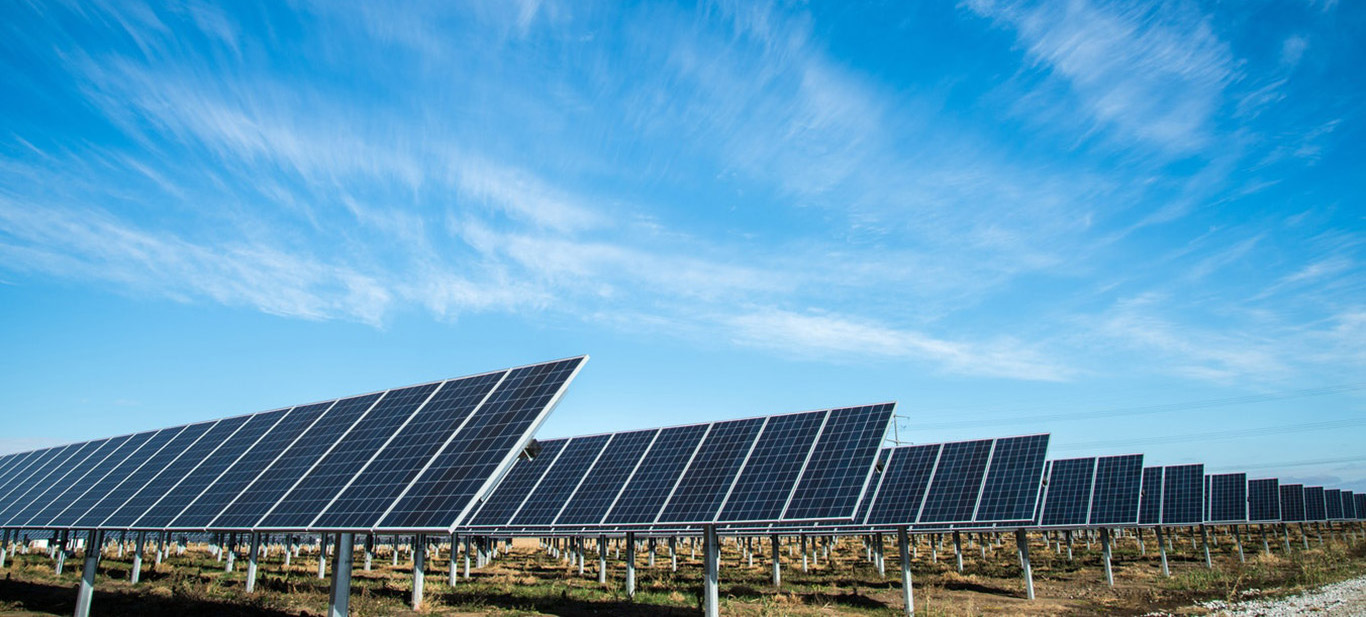Solar PV (photovoltaic) panels are one of the most popular renewable energy solutions in the UK, and for good reason. They generate free electricity from the sun that you can use to power your home and even your electric vehicle, and you can earn money from your energy supplier for any electricity that you export to the grid.
But the common argument everyone makes against installing solar panels is that they’re too expensive. The initial outlay is high, it can’t be denied – but you can reap the rewards of generating your own electricity and end your reliance on the grid.
Solar panel costs in 2020
Since the demise of the Feed-in Tariff Scheme (FITs), solar panel prices have continued to decrease. Below are some average costs of solar panel systems – but only use these as an indication, and make sure you get your own free quote from us before you make a decision on whether solar panels are right for you.
| Product | Size (cm) | Weight (kg) | Capacity (kWh) | Warranty (years) | Key features |
|---|---|---|---|---|---|
| SolaX Triple Power | 33 x 45 x 11 | 26 or 44 | 5.8, but scalable up to 23.2 | 10 | Monitor your system through your phone and decide which appliances to power |
| Tesla Powerwall | 74 x 111 x 14 | 125 | 13.5 | 10 | Monitor your system using the Tesla App |
Why solar panels are cheaper in the long term
It’s essential to remember that a solar panel system is a long-term investment with returns that far outweigh the initial costs involved. Here are just a few reasons why initial solar panel costs are worth it for the future:
Reduce your energy bills by at least 50%
The average annual electricity bill in the UK is £699, but if you’re a large household your bill is likely to be much more. By installing solar panels, you could cut your energy bills by at least 50% and up to 80% if you add a battery storage system. Pair that with Smart Export Guarantee (SEG) payments and you can save much more.
Energy bills are rising all the time – a 40% rise was reported in December 2019 – so the amount of money you could actually save by installing solar panels is likely to be much higher. So start generating your own electricity and you’ll end your reliance on the National Grid, keeping your costs lower.
The Smart Export Guarantee (SEG) will keep solar panel prices low
Although the FIT scheme has now ended, all hopes of getting cheap solar panels aren’t lost. On June 10 2019, FIT’s replacement, the Smart Export Guarantee (SEG), was officially introduced. Under the new programme, residents and businesses who create and export solar electricity to the grid will now receive guaranteed payments from suppliers.
It’s worth noting that SEG is building on the FIT scheme, which brought about the installation of over 800,000 small-scale renewable projects, while also reducing the cost of residential solar panels.
Specifically, SEG will ensure that small-scale electricity generators who install any form of renewable energy up to a capacity of 5MW receive payments for each unit they export to the grids. To simplify accountability, SEG stipulates that smart meters will be used to track all the units sold to the grid.
Solar panel prices are coming down
Once you install solar panels in your home, although you’ll incur initial acquisition and installation costs, you will also benefit from savings on your electricity bills. Additionally, if you installed your solar panels before March 2019, you will be paid under FITs.
FITs was based on the assumption that the cost of solar panels will eventually drop as their adoption increases. Currently, residential solar panels are over 50% cheaper compared to 2011 prices.
The FIT scheme was designed to pay commercial and domestic green energy producers for any electricity they generate and supply to the grid. So, even if you incur high costs when installing solar panels, you’ll also benefit from the FIT scheme if, as already mentioned, you installed your solar system before March 2019.
Now that FITs has ended, the solar panel costs are reducing even further, so it’s never been a better time to install solar panels. Get a free quote from Forever Green Energy – we aim to get back to you within 24 hours, though it’s usually sooner.
This article was originally published in July 2019 and has been updated to include more information along with 2020 solar panel costs.
